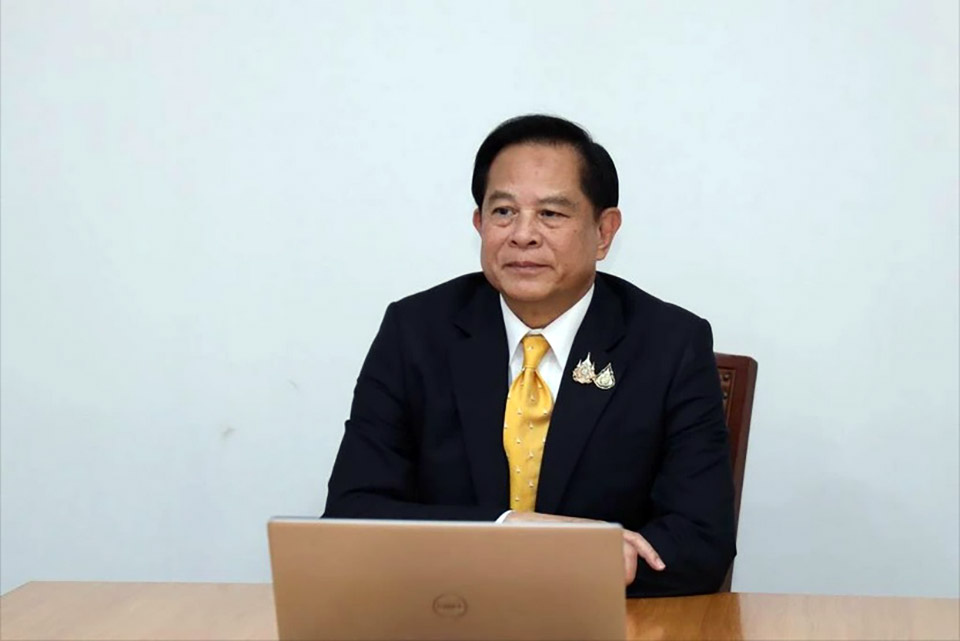
BANGKOK, Thailand – The Oil Fund Management Board (OFMB), on March 24, has decided to reduce gasoline and diesel prices by 1 baht per liter, offering a New Year’s gift to the public ahead of the Thai New Year holiday. The reduction follows a drop in global oil prices and a decrease in the fund’s debt burden.
Deputy Prime Minister and Energy Minister, Pirapan Salirathavibhaga, who also chairs the Oil Fund Management Board, announced that the reduction applies to both gasoline and diesel prices. The price cut will be implemented in two phases: 50 satang per liter starting on March 28, followed by another 50 satang per liter on April 4. This initiative is aimed at easing the cost of living for those traveling during the Songkran Festival.
The price reduction will be financed by the Oil Fund, with approximately 100 million baht per day allocated for the subsidy. Of this amount, around 67 million baht per day will be used for diesel price reductions, and about 32 million baht will go toward gasoline. The specific duration of the subsidy will depend on the fund’s financial status.
The Energy Ministry also indicated that it would discuss further measures for liquefied petroleum gas (LPG) in late March, as the LPG price freeze is set to end on March 31. It is expected that LPG prices will remain at 423 baht per 15-kilogram cylinder for the foreseeable future.
This price reduction is a strategic move to assist families traveling during the Songkran holiday, particularly diesel vehicle users, who make up two-thirds of the total fuel consumption. The aim is to reduce the burden on travelers, encourage domestic tourism, and promote family reunions during the Thai New Year festivities.
The Oil Fund’s financial health has improved since the beginning of 2025, with revenues exceeding 8 billion baht per month, thanks to relatively stable global crude oil prices around $80 per barrel. The fund’s deficit has been reduced from 75.95 billion baht at the beginning of the year to 60.05 billion baht as of March 23.
The Oil Fund is committed to maintaining energy price stability and will continue to operate under the principles of transparency, accountability, and public benefit.











